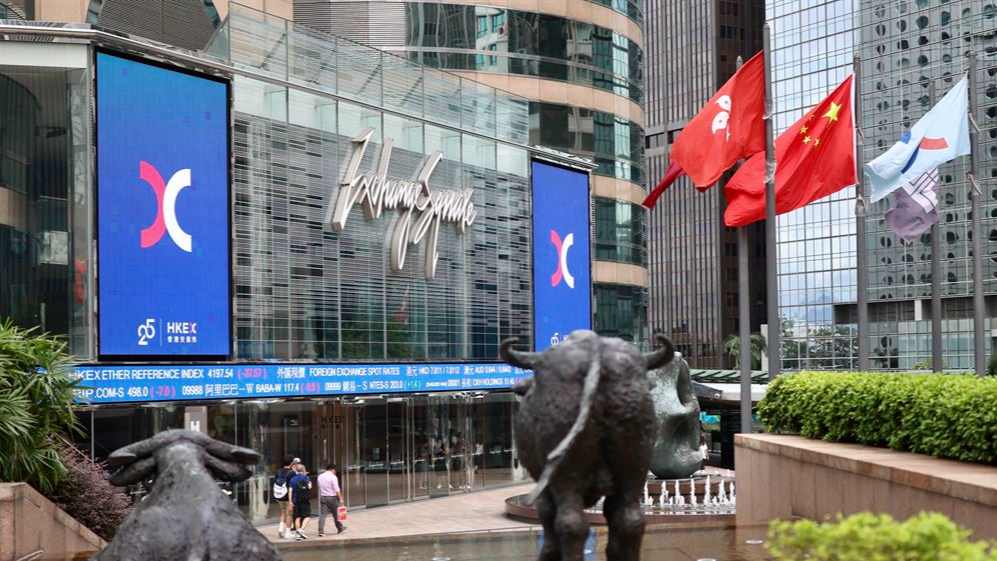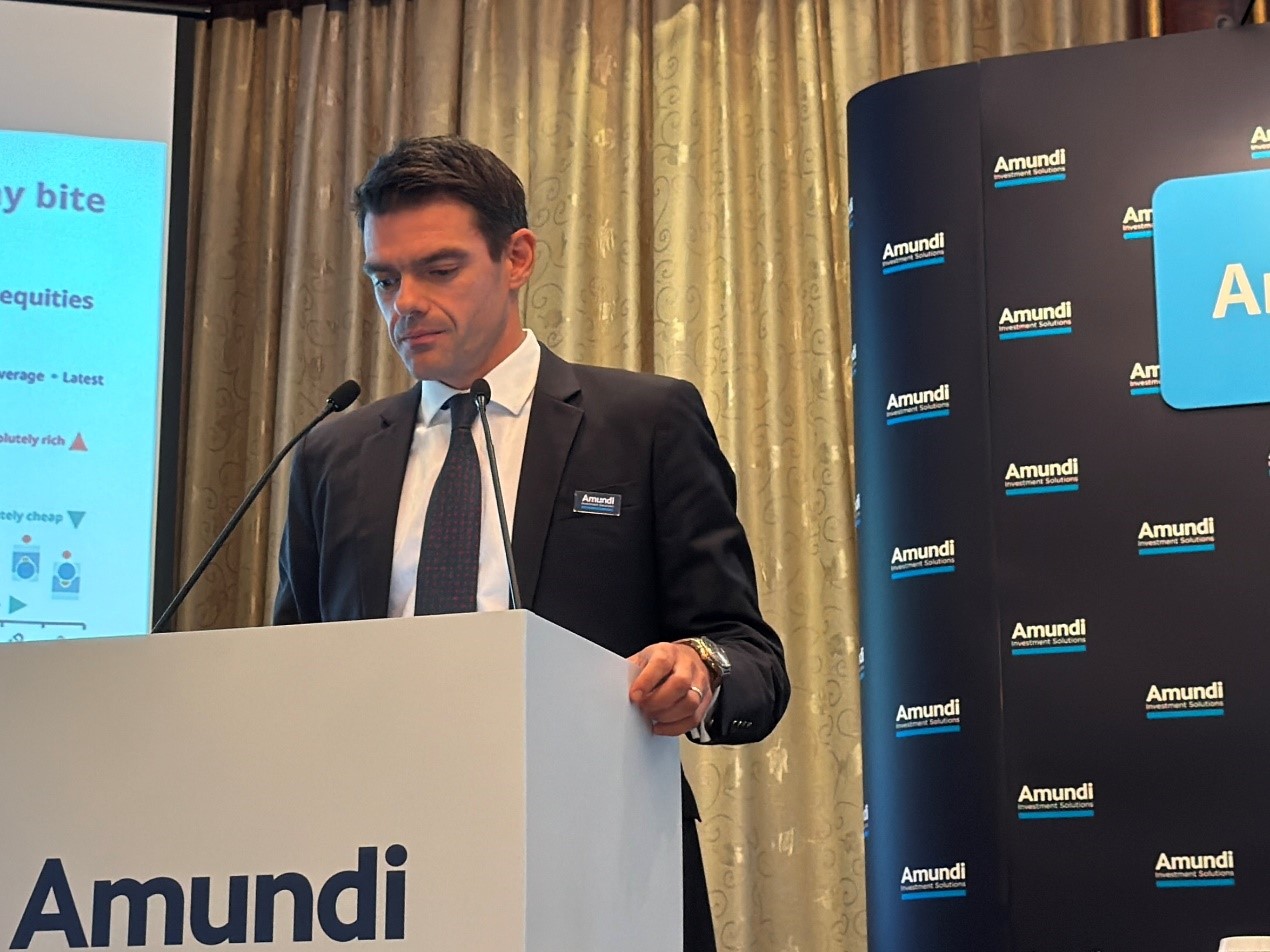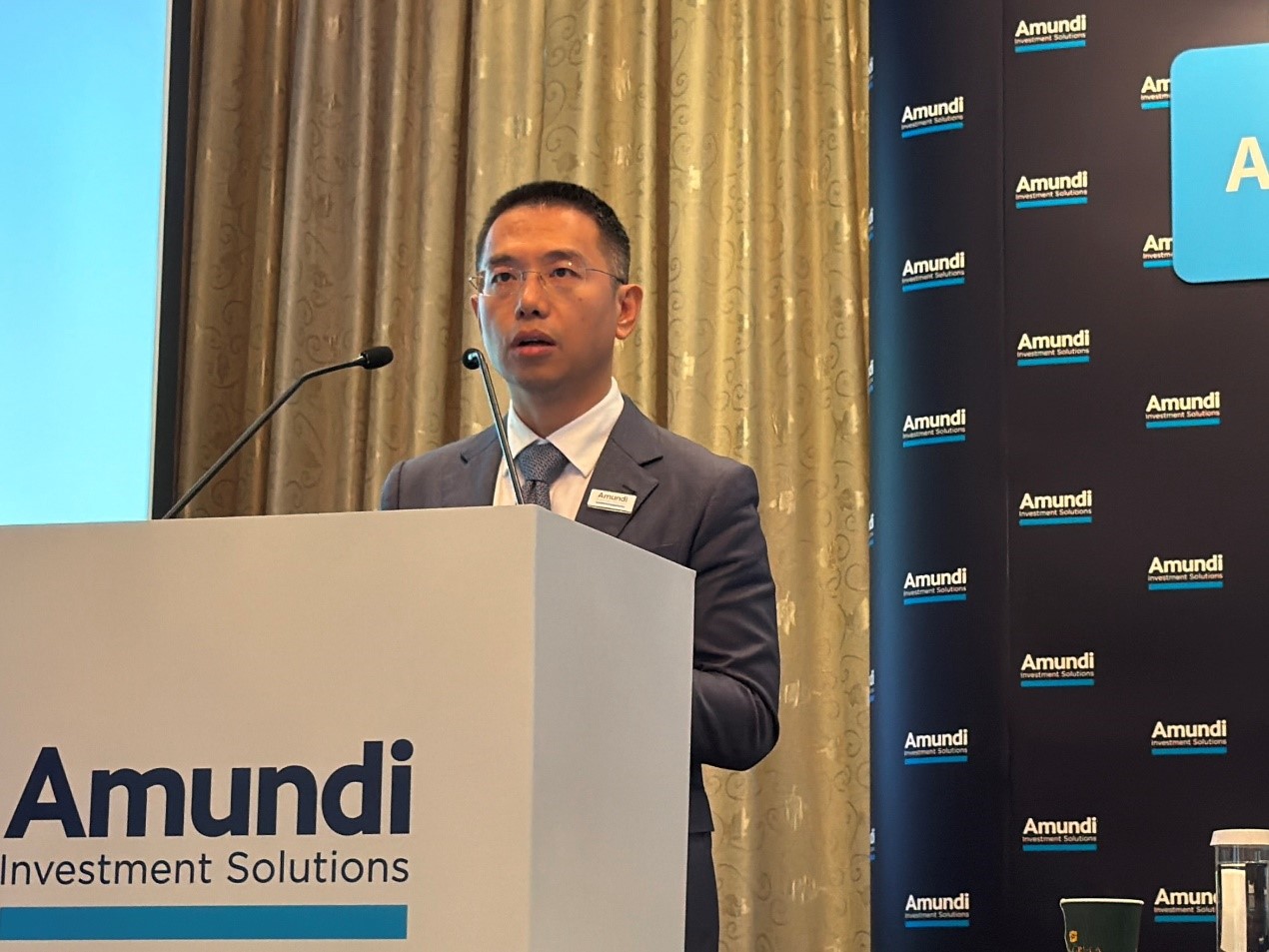
Hong Kong’s initial public offering pipeline is expected to remain robust well into next year, with a steady stream of companies lining up to list in the city, according to multinational asset-management group Amundi.
Speaking at the company’s Global Investment Outlook briefing on Thursday, experts cited improved liquidity and a growing appetite among overseas investors for new offerings as reasons for optimism.
It is not only Chinese mainland firms seeking to go public in Hong Kong, but also European and Southeast Asian companies, drawn by the city’s access to both international and mainland investors, they said.

“The IPO story, the liquidity story, is something to remain,” said Florian Neto, Amundi’s head of investment for Asia. “We have had a relatively neutral position on Hong Kong over the recent months, (but) we are building our exposure and very much looking into the IPO pipeline.”
Neto’s remarks come as Hong Kong’s new-listing market experiences vibrant growth. In the first 10 months of this year, 81 companies went public on the Hong Kong stock exchange, raising nearly HK$216 billion ($27.74 billion). This is the highest total globally and almost three times that of the same period last year.
Despite the strong pipeline and what he called “positive developments on the real-estate side”, Neto said that the consumer spending remains uncertain for the Hong Kong economy in 2026. “Consumption is a bit lagging for now,” he said. “As soon as we see this consumer trend accelerating, Hong Kong will clearly become an overweight position in our portfolio.”
ALSO READ: Hong Kong exchange profit jumps 56% on surge in trading, IPOs
Looking ahead to the broader global outlook, Amundi identified 2026 as “a year of transition”. The firm said the world economy is adjusting to a regime of “controlled disorder”, in which a fast-moving tech revolution intersects with a multipolar world strained by geopolitical tensions and fiscal concerns.
Geopolitics, policy mixes, and higher inflation have, in Amundi’s view, become structural factors of the new environment, and these concurrent long-term shifts will alter how the economic and financial cycle unfolds in 2026.

Aidan Yao, senior investment strategist for Asia at Amundi Investment Institute, described the current backdrop as a “constructive” cyclical environment, suggesting that investors should “stay invested but diversified”, since “strategies that succeeded in the past may no longer work as well in the future”.
“The US was the world’s best-performing market, and there’s nothing wrong by overweighting the best-performing market,” Yao said. “However, the world is changing, and we are now cautious about that strategy.”
Neto said investors should avoid overvalued assets and instead focus on European mid- and small-cap stocks as well as equities in emerging markets. He said that this marks the first time in 15 years that Amundi is positive on emerging-market equities, local-currency bonds, and hard-currency bonds.
He added that non-US assets and gold also deserve preference, as he said “the dollar will depreciate going forward”, while “gold is the best structural hedge”. Neto set a target price of $4,200 per ounce for the precious metal.
Contact the writer at irisli@chinadailyhk.com


